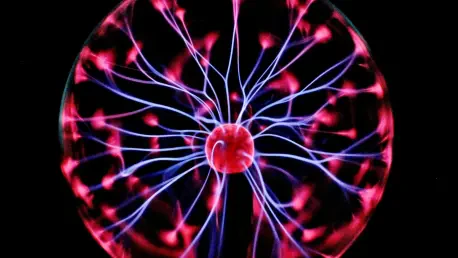
In a world where digital defenses are tested every second, a chilling reality emerges: weaponized artificial intelligence (AI) can reverse-engineer software patches in just 72 hours, turning fixes into fatal flaws that threaten global systems. Picture a critical update released to protect millions

What happens when the most tedious and time-intensive tasks in accounting are handled with flawless precision, allowing professionals to focus on strategy instead of spreadsheets? In today’s fast-paced financial landscape, artificial intelligence (AI) agents are stepping in to transform the way

In an era where face recognition technology permeates every facet of daily life—from unlocking personal devices to bolstering security at international borders—the demand for reliable, ethical, and diverse data to train these systems has never been more pressing, especially as traditional datasets

In an era where scientific breakthroughs are redefining the boundaries of human potential, the fields of genomics, neuroscience, and artificial intelligence (AI) stand out as transformative forces with the power to revolutionize healthcare, cognition, and societal structures. However, with great

In a landmark decision that has sent ripples through the Canadian legal community, the Alberta Court of Appeal (ABCA) has ruled in the case of Reddy v. Saroya that lawyers bear full responsibility for errors in court filings, even when those errors stem from third-party contractors using artificial

In a groundbreaking development that could redefine the music industry, major players like Universal Music Group (UMG) and Warner Music Group (WMG) are on the brink of finalizing transformative licensing agreements with top artificial intelligence (AI) companies, a move announced on October 2 in